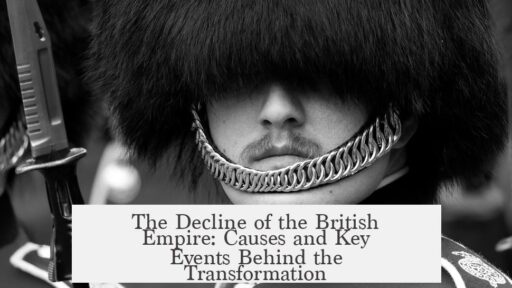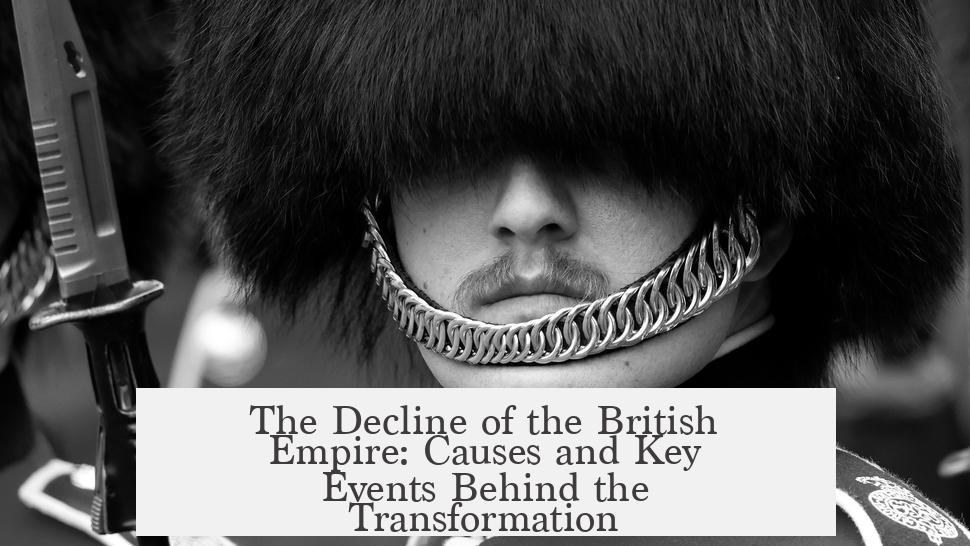The British Empire declined due to a combination of economic weaknesses, shifting global political landscapes, evolving ideologies, and the heavy toll of two world wars, which together eroded Britain’s ability to maintain its colonial dominance.
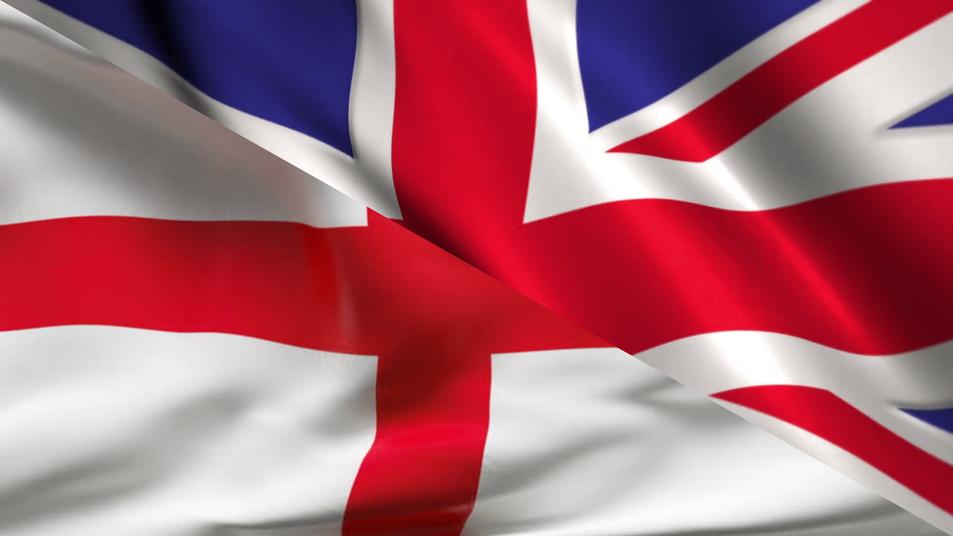
Economic struggles mark a central cause. From the mid-19th century, Britain’s industrial leadership began to wane. The United States overtook Britain in industrial production, and other European powers caught up, ending Britain’s trade dominance. Losing market share sharply reduced income and capital for reinvestment. This economic weakening undercut Britain’s capacity to sustain its colonies.
The financial burden of global conflicts further strained the economy. World War I required a massive army and increased war production, disrupting traditional industry. The war also devastated the merchant fleet due to U-boat attacks, adding to economic stress. By the 1930s, Britain was financially strained, holding mainly less profitable African and Indian territories.

World War II compounded these problems. Britain entered the war with limited funds. The protracted conflict drained resources, leaving Britain virtually bankrupt by 1945. Post-war, industrial capacity lay in ruins, and government revenues sharply declined. Meanwhile, European competitors implemented tariffs, challenging Britain’s free trade approach and further crippling its economic base for maintaining empire.
| Key Economic Factors | Impact |
|---|---|
| Industrial decline by mid-19th century | Loss of trade dominance and capital |
| High costs of WWI and WWII | Financial bankruptcy and industry collapse |
| European tariff competition | Reduced revenue for empire upkeep |
Political and strategic shifts also played a major role. The Marquess of Salisbury concluded after France’s defeat that only three great powers remained — Britain no longer was among them. The empire initially grew from intense European rivalry. This competitive drive vanished post-World War II. Moreover, over-extension of territories strained Britain’s administrative and military capacity, increasing vulnerability.

After WWII, colonialism faced ideological opposition. Britain’s war effort had fought against countries seeking large empires, making imperial domination politically unacceptable in a changing global landscape. The cost of maintaining far-flung colonies, particularly with deteriorating infrastructure, outweighed strategic benefits.
Public attitudes and nationalist movements accelerated decline. Imperialist zeal faded as the brutal realities of conflicts like the Boer War tarnished Britain’s image. The war exposed harsh tactics such as farm-burning and concentration camps, undermining earlier idealism. Leaders like Lloyd George criticized the war as driven by irresponsible capitalists.
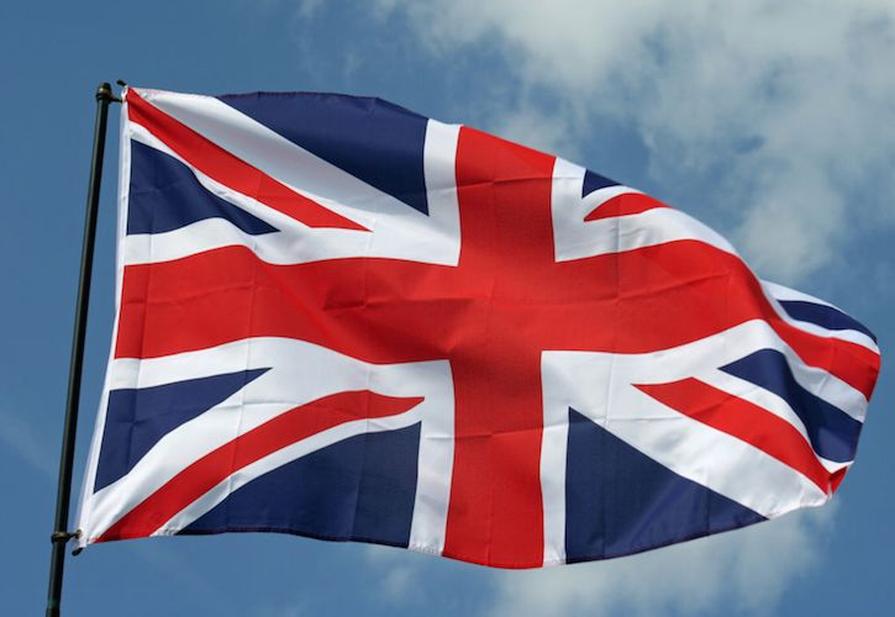
Simultaneously, anti-imperial activism grew in colonies. Figures like Mahatma Gandhi in India championed independence through nonviolent resistance. Canada and other dominions gained increasing autonomy. Widespread nationalist agitation weakened British control, hastening loss of colonies.
The impact of global wars cannot be overstated. Both world wars drained Britain’s finances and military strength. Industries were exhausted and infrastructure damaged. Additionally, the rise of the United States as an economic and military superpower eclipsed Britain’s global influence. Post-WWII, international power dynamics favored the U.S., diminishing Britain’s ability to project imperial authority.

- Economic weakening from industrial decline and war costs diminished imperial funding.
- Strategic rivalries disappeared, reducing incentives to maintain empire.
- Public and colonial nationalist opposition eroded imperial legitimacy.
- World Wars strained resources and elevated U.S. global dominance.
- Diverse scholarly views date the decline from mid-19th century to post-WWII, noting multiple overlapping causes.
Debates about when the British Empire began to decline vary. Some scholars cite the Indian Mutiny in 1857 as the starting point. Others argue decline accelerated after World War I due to over-extension or persisted until the 1950s or 1960s with final decolonization in Kenya. The causes span economic challenges, domestic issues, wars, nationalism, and shifting global dynamics.
Overall, Britain’s loss of industrial primacy, crippling war expenses, fading political and ideological support for empire, burgeoning nationalist demands, and altered international power structures combined to end its era of imperial dominance.
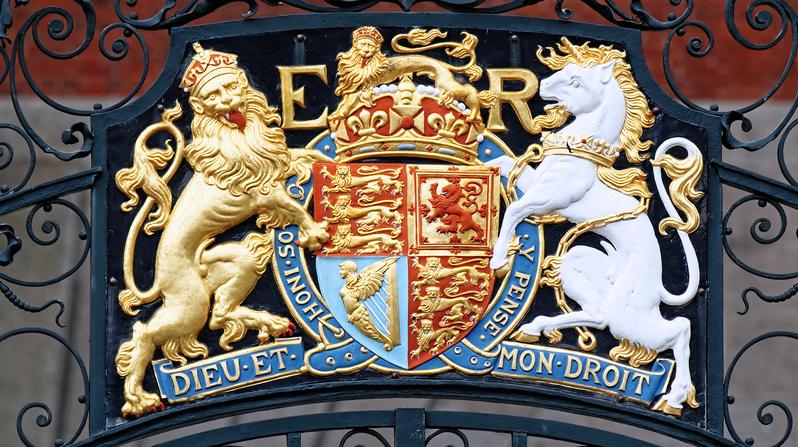
Why Did the British Empire Decline? Unpacking the Great Historical Riddle
The decline of the British Empire is a complex story shaped by economic struggles, shifting global politics, evolving ideologies, and the enormous impacts of two world wars. It’s not just one event or cause but a cocktail of factors that brewed over decades, eventually leading to the end of Britain’s imperial dominance.
Ready to unravel this historical mystery? Let’s dive deep, with a dash of wit and lots of facts, to understand why the empire that spanned the globe eventually faded.
The Economic Leaks in the Crown’s Vault
Imagine the British economy as a mighty fortress that started showing cracks by the mid-19th century. England was the early leader in industrial power but soon found competitors knocking loudly at its door. The United States surged ahead, and European nations caught up fast in industrial production.
More powerhouses meant less market share for Britain. The result? A sharp drop in income. Capital, the magic fuel for reinvestment, dried up, weakening Britain’s grip on industries and global trade. Losing economic muscle wasn’t just inconvenient—it struck a blow to Britain’s ability to finance its sprawling empire.
And the wars? Oh, those drained the coffers like a thirsty vampire! World War I was especially costly, demanding the building of a multi-million man army while naval dominance got expensive thanks to U-boat attacks hacking away at shipping. Industry scrambled to pivot to war production, which had long-term effects on peacetime economy.
By the 1930s, Britain was nearly bankrupt. It clung to its African and Indian possessions, which surprisingly didn’t make as much money as expected. When World War II rolled around, the country was already running on fumes. By war’s end, Britain was “flat broke” — not just a figure of speech, but a stark reality.
To make matters worse, European neighbors slapped tariffs on British goods. These taxes worsened trade competition, undermining Britain’s laissez-faire imperial economic policies. The fallout was low government revenue and damaged infrastructure, meaning fewer resources for colonial upkeep.
Politics, Strategy, and the Old Globe-Trotting Chase
For centuries, empire building was a strategic game among the European powers. But after France’s defeat, the map of global power shrank to just three major players—and guess what? Britain didn’t make the cut, according to the Marquess of Salisbury.
The vigor to expand overseas stemmed largely from intense international rivalry. When that rivalry faded, so did Britain’s drive to hold onto and acquire colonies. Think about it: if everyone else is stepping back, why stay locked in an exhausting competition?
Then comes the post-WWII political climate. Britain had spent six grueling years fighting Nazi Germany to stop it from dominating large swaths of Europe. Suddenly, owning a massive empire felt politically tone-deaf and unacceptable. Nations globally were moving toward self-determination and decolonization.
Moreover, Britain simply had too much on its plate. The empire was vast, hard to manage, and costly to defend. Over-extension drained resources and complicated governance, leaving Britain vulnerable. The infrastructure back home—roads, factories, services—needed more urgent attention than far-flung colonies.
When National Arrogance Lost Its Shine
In the heyday of British imperialism, nationalist pride ran high. However, this confidence didn’t survive harsh realities like the Boer War, which left a sour taste. The protracted conflict was brutal and dishonorable—farm burnings and concentration camps damaged Britain’s image profoundly.
As Lloyd George famously criticized, it was “a crime and a blunder, committed at the instigation of irresponsible capitalists.”
Such events eroded the “Jingoist” (ultra-patriotic) attitude, giving fuel to critics and weakening public support for empire maintenance.
Meanwhile, anti-imperial activism blossomed within colonies. Think Gandhi’s campaigns in India or increasing autonomy movements in Canada. These forced Britain to negotiate power away, accelerating the empire’s decline.
Two World Wars: The Ultimate Game-Changers
The world wars were brutal boot camps for Britain’s economy and military. Between the two, industry got absolutely hammered. Factories, supply chains, and manpower depleted. Money that might have funded colonial administration poured instead into wartime efforts.
Post-World War II, the tables turned sharply in favor of the United States. America came out stronger, with a booming economy and unmatched military strength. This shifting global balance meant Britain’s imperial influence waned as American power ascended.
When Exactly Did the Decline Begin?
Historians debate this with as much passion as British tea drinkers defending their brew. Some, like Hobson and Lenin, point to 1857—the Indian Mutiny—as the moment decline commenced. Others, such as Robinson and Gallagher, locate it after World War I, blaming over-extension.
Bernard Porter argues the empire dragged on until the 1950s or even the 1960s, with Kenya’s independence marking a symbolic endpoint. Causes? A mixed bag: economic trends, internal politics, war exhaustion, growing nationalism, and yes, some oversights and arrogance along the way.
Reflections and Recommendations
Understanding the British Empire’s decline means seeing it as a slow unraveling rather than a sudden collapse. Economics drain, political shifts, changing ideologies, and world wars all intertwined.
For those itching to explore further, dive into The Lion’s Share by Bernard Porter, British Imperialism: 1688-2000 by Cain and Hopkins, or William Roger Louis’s Ends of British Imperialism: The Scramble for Empire, Suez, and Decolonization. These works provide deeper dives and diverse perspectives.
Curious? Here’s a provoking question: Did Britain’s self-imposed moral and political dilemmas hasten its decline more than external pressures? History is messy, and the British Empire’s story confirms that no empire lasts forever. The old queen’s crown was brilliant, but eventually, even the brightest jewel dulls.
Why did Britain’s industrial decline affect the empire’s strength?
By the mid-19th century, England lost its industrial edge to the U.S. and Europe. This led to falling trade shares and reduced capital. Without strong industry, financing and sustaining the empire became harder.
How did the world wars contribute to the decline of the British Empire?
WWI and WWII drained Britain’s finances and damaged its industry. Massive military costs and losses in shipping further weakened its economy, leaving it almost bankrupt by 1945. This limited its ability to maintain control overseas.
What role did changing global power dynamics play in the empire’s decline?
After France’s defeat, only three great powers remained, and Britain was not among them. The imperial competition that once justified expansion faded, reducing the political will to hold onto colonies.
How did shifts in public opinion and ideology impact the British Empire?
Public support weakened when brutal events like the Boer War revealed harsh realities. Rising anti-imperial activism and nationalist movements in colonies drained British control and undermined the empire’s legitimacy.
Why was over-extension a problem for the British Empire?
Britain held vast territories but struggled to effectively govern and defend them. Over-extension increased vulnerability and administrative challenges, especially as resources became scarce after costly wars.
